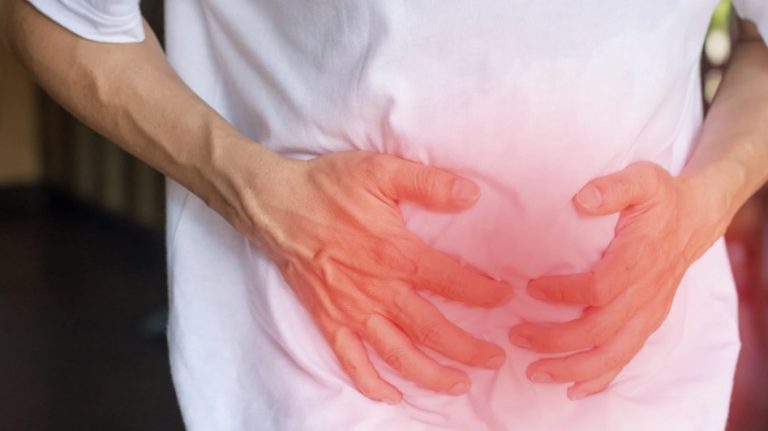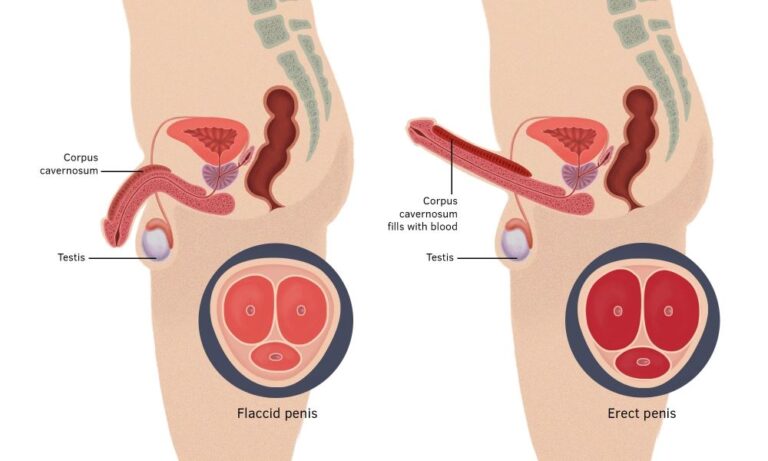
As soon as two hours after your last intake of alcoholic drink, you may experience symptoms of alcohol withdrawal. After stopping, symptoms usually reach their height within 48 hour period. The most unpleasant withdrawal symptoms, including as sleeplessness, irregular heartbeat characterized as rapid breathing of the heart, abnormal blood pressure changes, tremors, cold clammy skin, and fever.
Some people just have a few mild withdrawal symptoms, while others may have more severe adverse effects. For instance, one of the most severe signs of alcohol withdrawal is delirium tremens. After your last drink, it can manifest during the first 48 hours and include bewilderment, violent shaking and high blood pressure, in some cases, a person can experience hallucinations .While being uncommon, delirium tremens can be fatal. This only goes to show how alcohol withdrawal dangerous can be.
It’s crucial for folks going through withdrawal to receive medically assisted detox since heavy drinkers who abruptly stop drinking may face a wide range of severe symptoms.
The following timeline represents the typical manifestation of alcohol withdrawal symptoms:
6 to 12 hours after consumption of alcohol, you’ll start to experience these symptoms:
- Extreme headache
- Anxiousness
- Agitation
- Feeling nauseated
- Tremors
- Disorientation
- Diarrhea
48 hours after consumption of alcohol the symptoms become more intense and severe such as:
- Seizures
- Elevated blood pressure
- Hallucinations including visual, aural, and tactile
- Insomnia
- Dementia tremens
- High fever
- Heavy perspiration
It would take around five days before you will start to see improvements in alcohol withdrawal symptoms, although it might take more than five days to some people. There are many variables that come to place such as the frequency of drinking, the amount consumed while drinking, the amount of time spent drinking, past medical history, and other related medical conditions. Those taking excessive alcohol along with illegal drugs tend to experience severe withdrawal symptoms. If you know of someone who is a heavy drinker and wanting to stop alcohol drinking, it is strongly advise to have them seek help from a medical professional or a medical institution. That way their symptoms can be managed accordingly.






